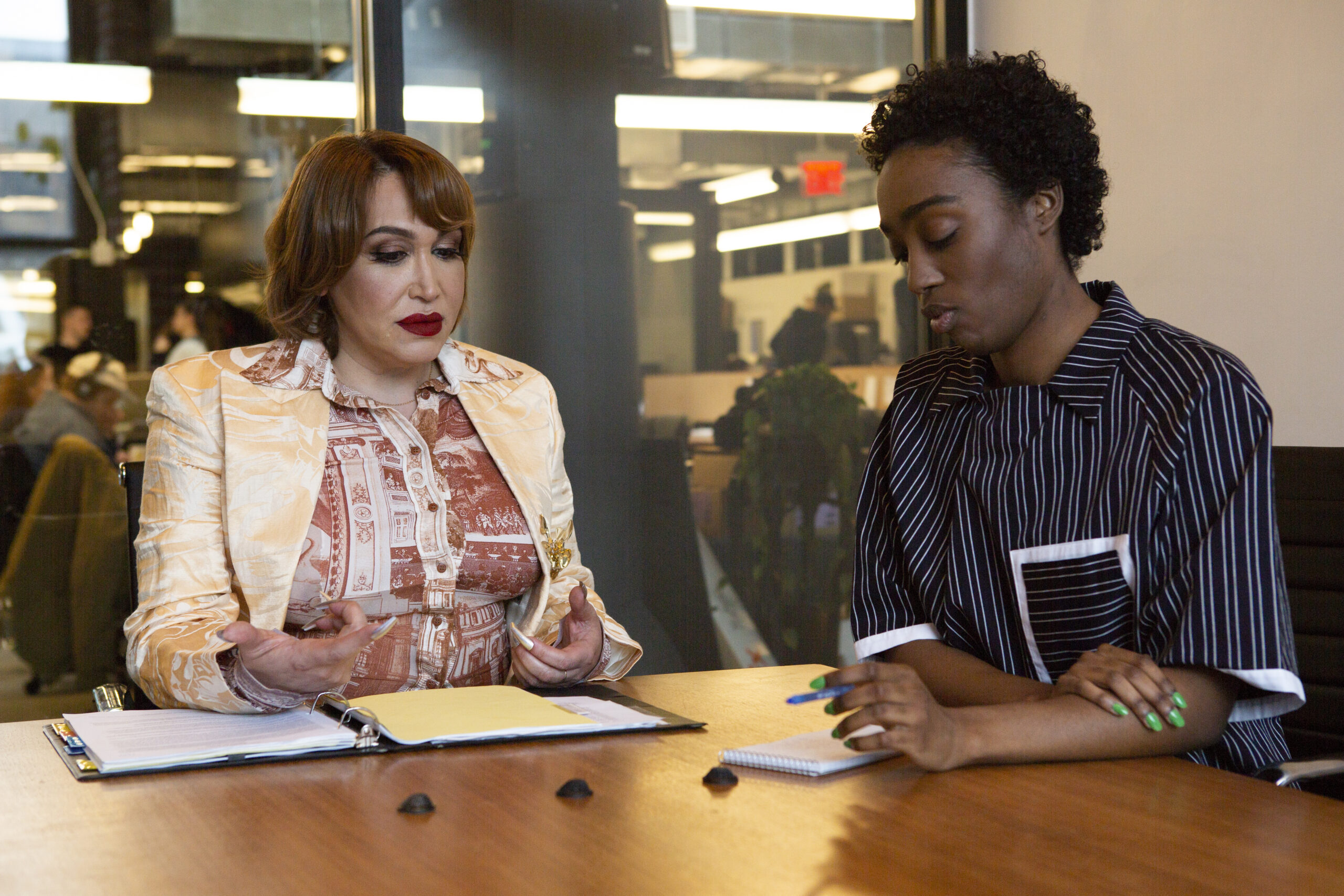Economic Justice Is An LGBTQIA+ Issue
What is Economic Justice?
Economic justice is a framework for assessing and building economic systems in a way that creates opportunities for all to thrive. The principles of economic justice dictate that a more fair economy is a more successful economy; prosperity and justice are inextricably linked to each other.
Economic justice considers issues such as working conditions, wages, employment opportunities, income inequality and the gender/race pay gap, a universal basic income, affordable housing and housing affordability, homelessness, food insecurity, and childhood poverty.
Why is Economic Justice an LGBTQIA+ Issue?
Despite the persistent myth of affluence in the LGBTQIA+ community, the LGBTQIA+ community is and remains economically insecure. As with all issues, the multiple marginalized pay an even higher price when it comes to economic inequality: communities of color, women, and disabled LGBTQIA+ people face higher levels of economic insecurity and/or poverty. For example, same-sex Black couples live in poverty at twice the rate of heterosexual Black couples, and the unemployment rate among transgender people of color is four times higher than the rest of the population. LGBTQIA+ people face food insecurity at levels nearly 6 times higher than non-LGBTQIA+ people, and 40% of homeless youth are LGBTQIA+ .
The LGBTQ+ movement has made significant gains over the last few decades, including the Supreme Court’s 2020 decision that outlawed employment discrimination against LGBTQIA+ people nationwide. Continuing our work to ensure economic equality, equity, and justice for LGBTQIA+ people will have a ripple effect on many other injustices and oppressions the LGBTQIA+ community faces.
What We Believe
- We believe that all people deserve to have the opportunity to economically thrive, and that economic equality, equity, and justice are integral to a fair and just world.
